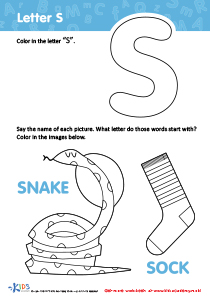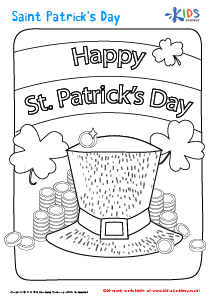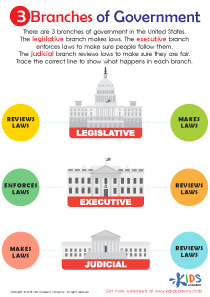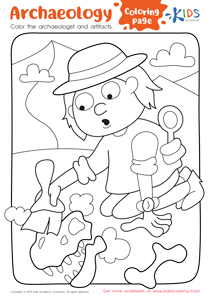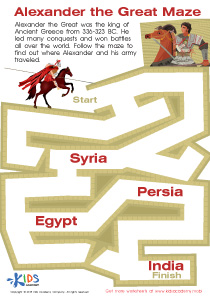Normal Place Value Quizzes for 6-Year-Olds
2 results
2 filtered results
Clear all filters2 filtered results
-
From - To
Unlock the world of numbers with our Normal Place Value for 6-Year-Olds interactive assessment quizzes! Designed specifically for young learners, these quizzes offer a fun and engaging way to explore and understand the concept of place value. Each quiz is tailored to assess your child's knowledge while providing instant feedback to reinforce learning. With a variety of questions that challenge and stimulate young minds, our Normal Place Value quizzes ensure a comprehensive understanding of the fundamental math concept. Perfect for 6-year-olds, these quizzes make learning enjoyable and rewarding, setting a solid foundation for future mathematical success.
Understanding Normal Place Value for 6-Year-Olds Through Interactive Quizzes
Normal Place Value is a fundamental concept in mathematics that serves as the bedrock for understanding numbers and their operations. For 6-year-olds, grappling with this essential concept marks a significant milestone in their early academic journey. It is crucial at this stage to present learning in a manner that is both engaging and effective. This is where our Normal interactive quizzes on Place Value come into play, providing an invaluable resource for children in this age group.
The transition from counting to understanding the positional value of numbers can be challenging for young learners. Each digit in a number has a unique value, depending on its position. For instance, in the number 53, the 5 stands for fifty, not just five, because of its place. This leap in understanding is critical for developing mathematical fluency and confidence. Our interactive quizzes on Normal Place Value for 6-Year-Olds are designed to bridge this gap through a series of engaging and educational exercises.
Why Are These Quizzes Helpful?
1. Interactive Learning: Children learn best when they are actively engaged. Our quizzes use interactive elements to keep learners interested and focused. Through games, puzzles, and challenges, children explore the concept of place value in a fun and stimulating environment.
2. Instant Feedback: One of the key benefits of these quizzes is the immediate feedback provided. This allows children to understand their mistakes in real-time and learn the correct concepts promptly. Such feedback is essential for reinforcing learning and building confidence.
3. Tailored to Young Learners: The content of our quizzes is specifically designed for 6-year-olds, with language, examples, and visuals that are age-appropriate and relatable. This ensures that the material is not only accessible but also resonates with their everyday experiences.
4. Flexibility and Accessibility: Our Normal Place Value quizzes are accessible online, making it easy for children to practice anytime and anywhere. This flexibility enables learning to continue beyond the classroom, allowing for extra practice at home or even on the go.
5. Builds a Strong Foundation: By mastering Normal Place Value through these quizzes, children lay down a strong mathematical foundation. This foundational knowledge is crucial as they advance to more complex mathematical concepts and operations.
6. Encourages Independent Learning: The quizzes promote self-paced learning, allowing children to progress at their own speed. This fosters a sense of independence and self-motivation, which are important skills not just in academics but in life.
Conclusion
Our Normal interactive quizzes on Place Value are more than just a study tool for 6-year-olds; they are a gateway to understanding and enjoying mathematics. By transforming a potentially daunting topic into an enjoyable learning experience, we are helping young minds to thrive and develop a positive attitude toward learning. As children navigate through the quizzes, they not only grasp the concept of place value but also build a solid foundation for their future mathematical endeavors.
